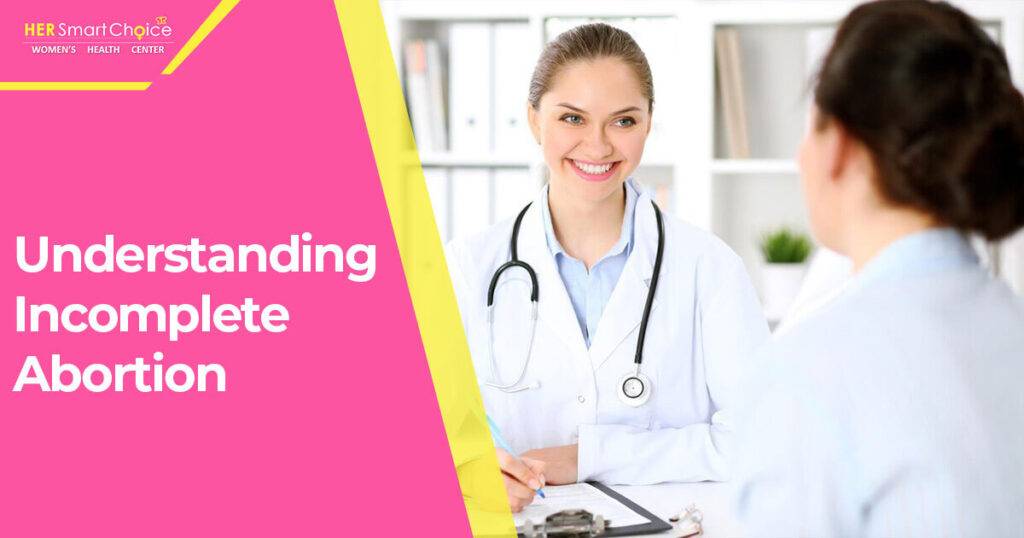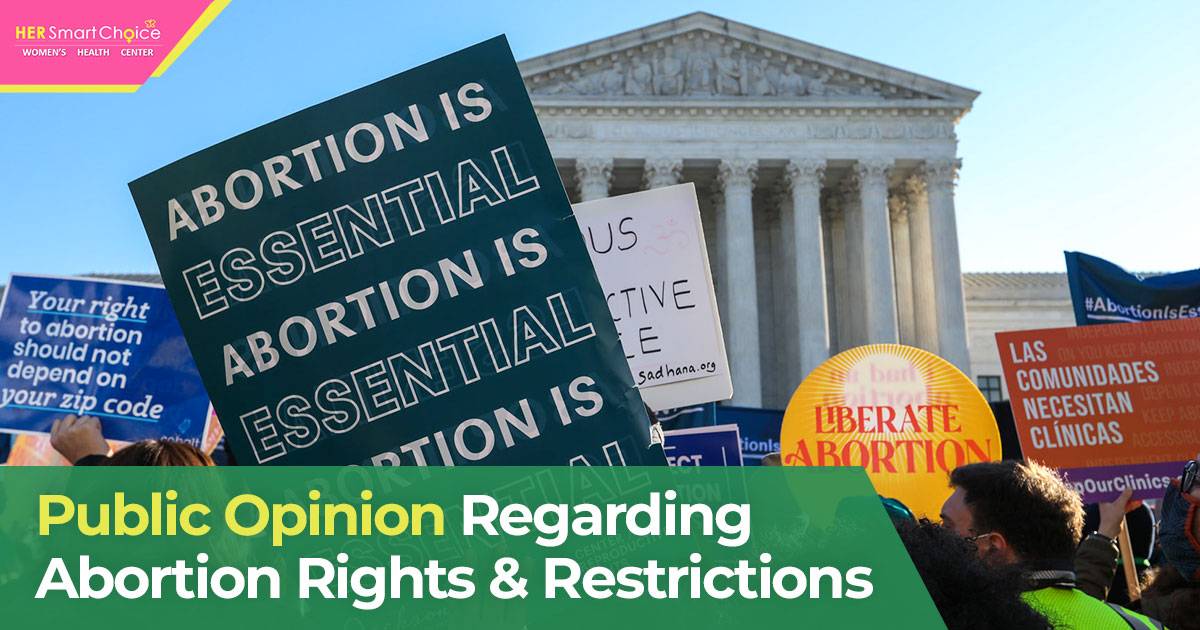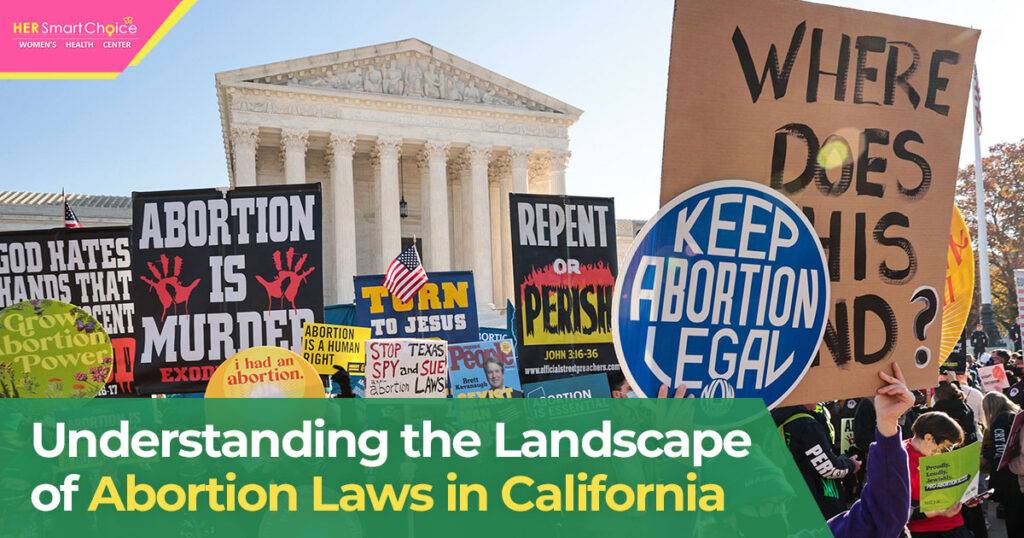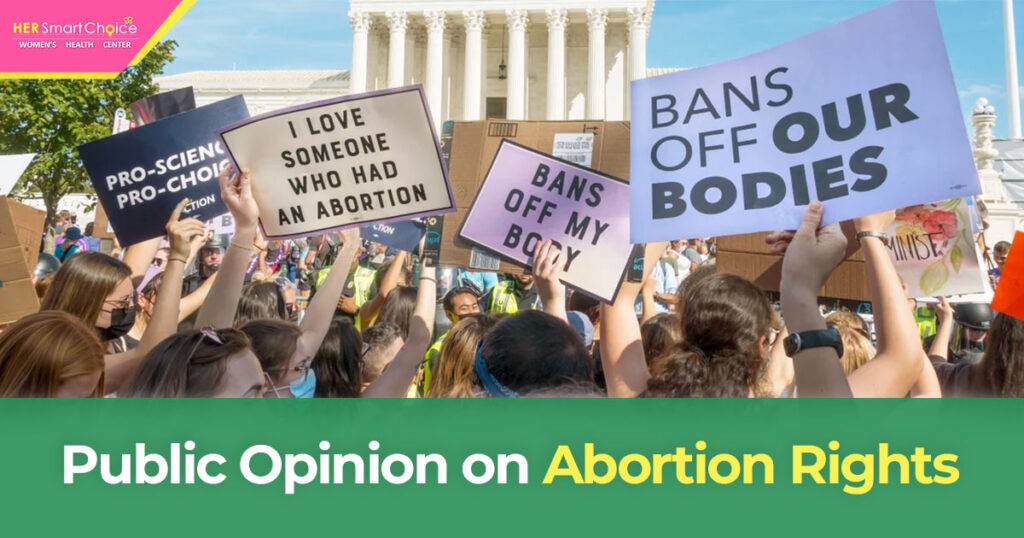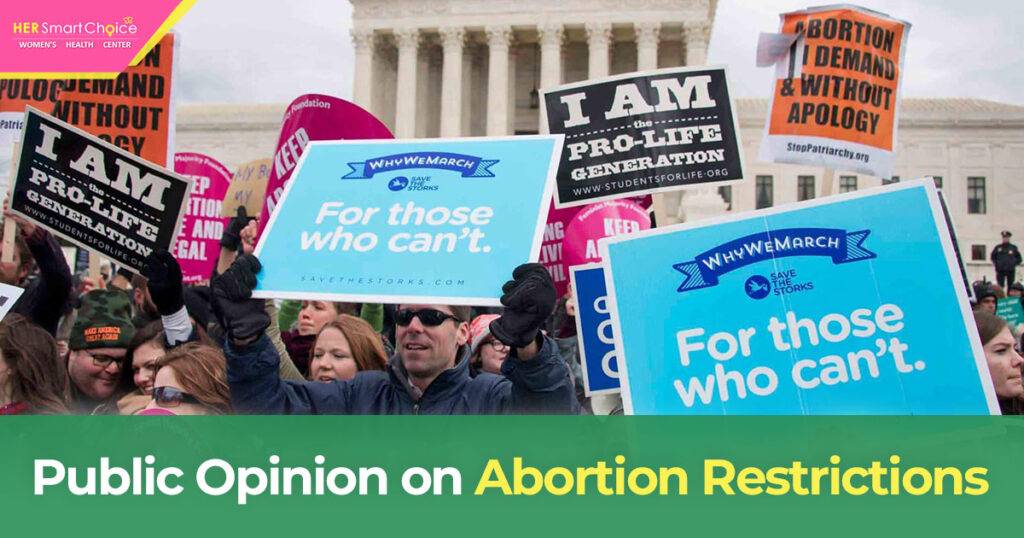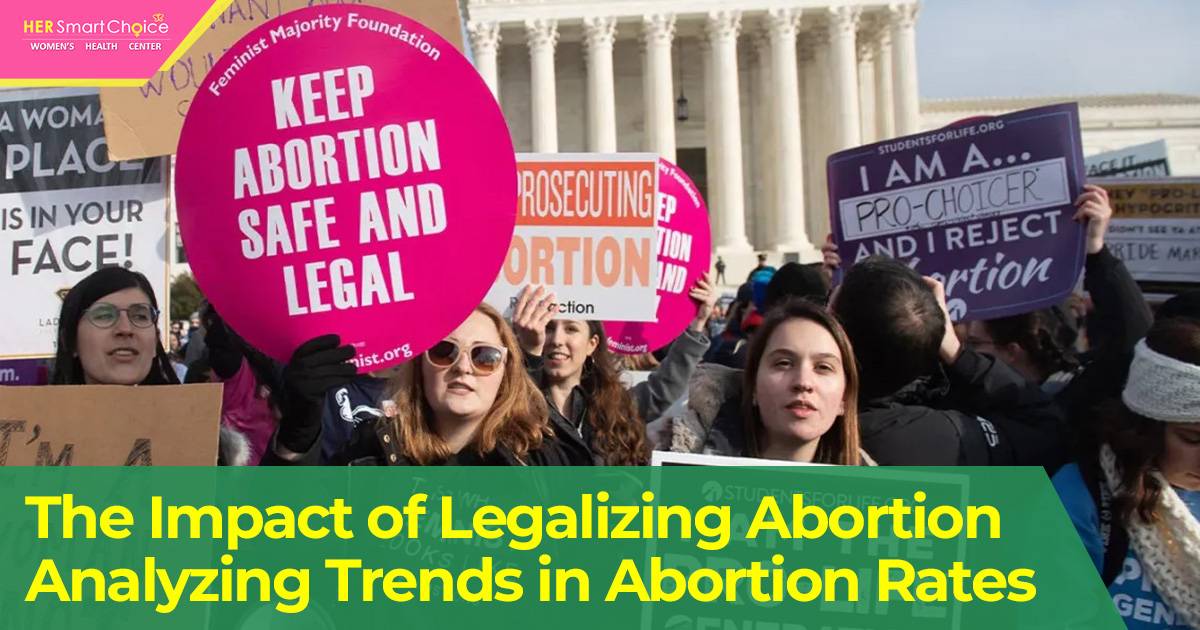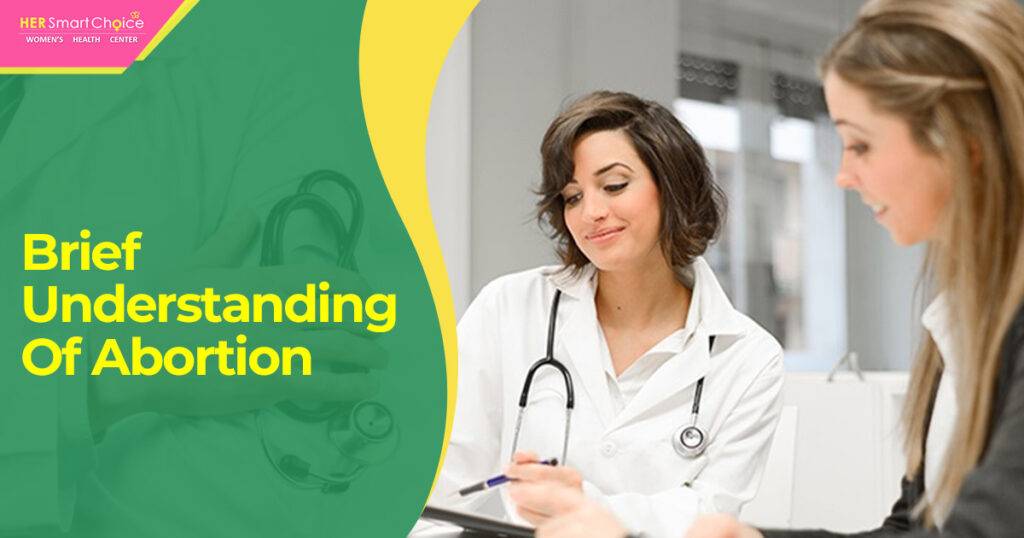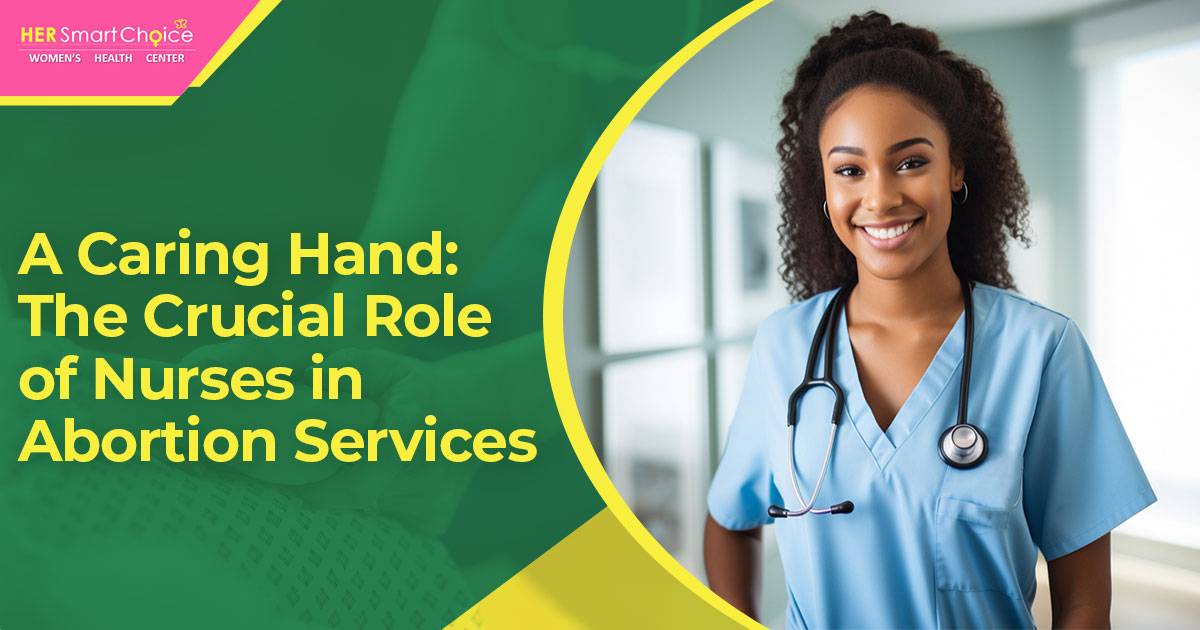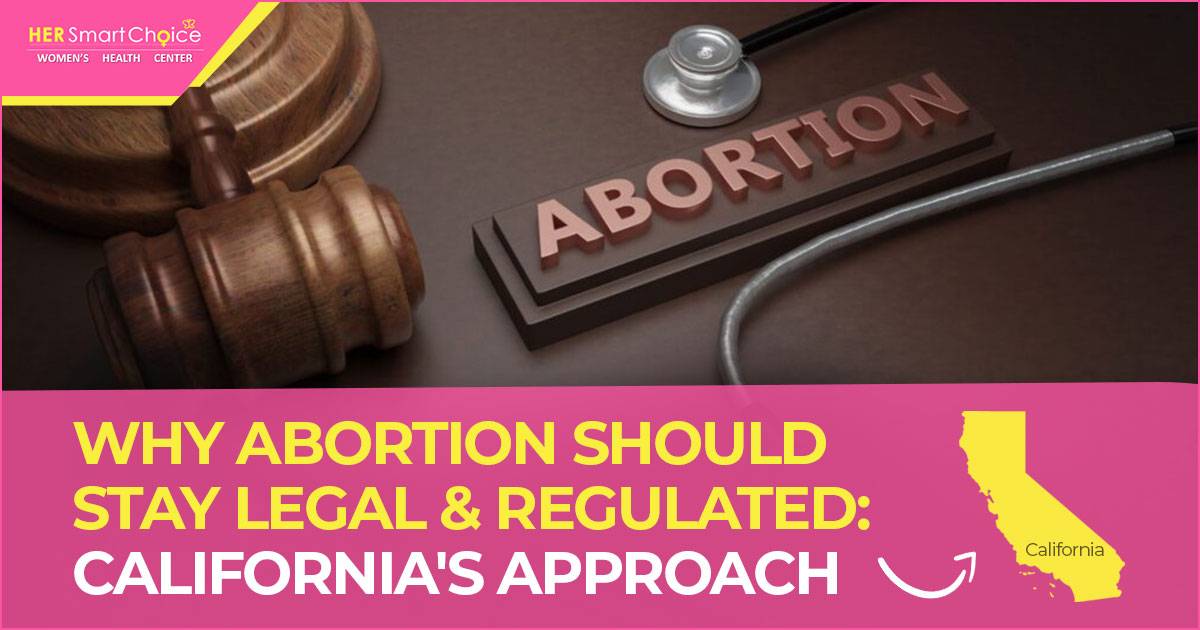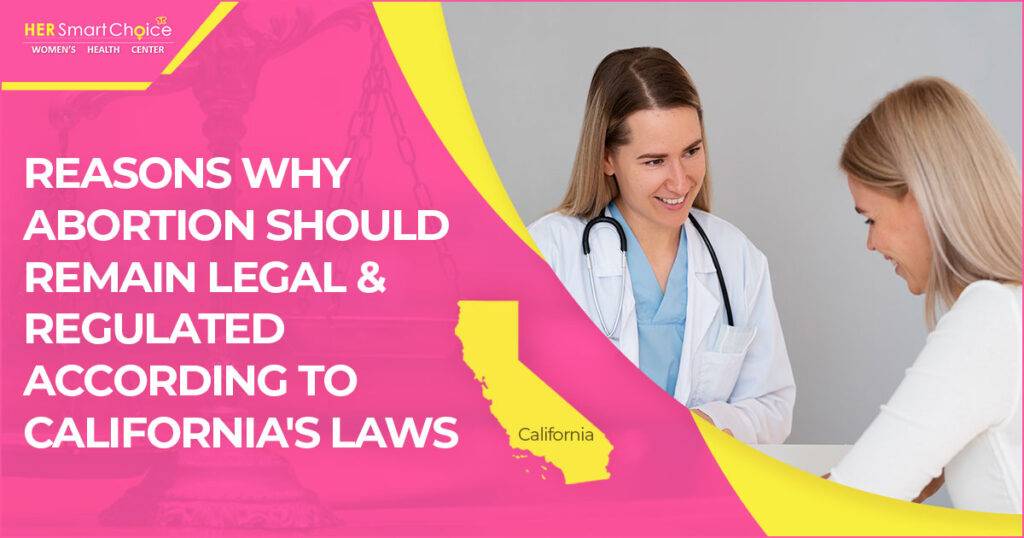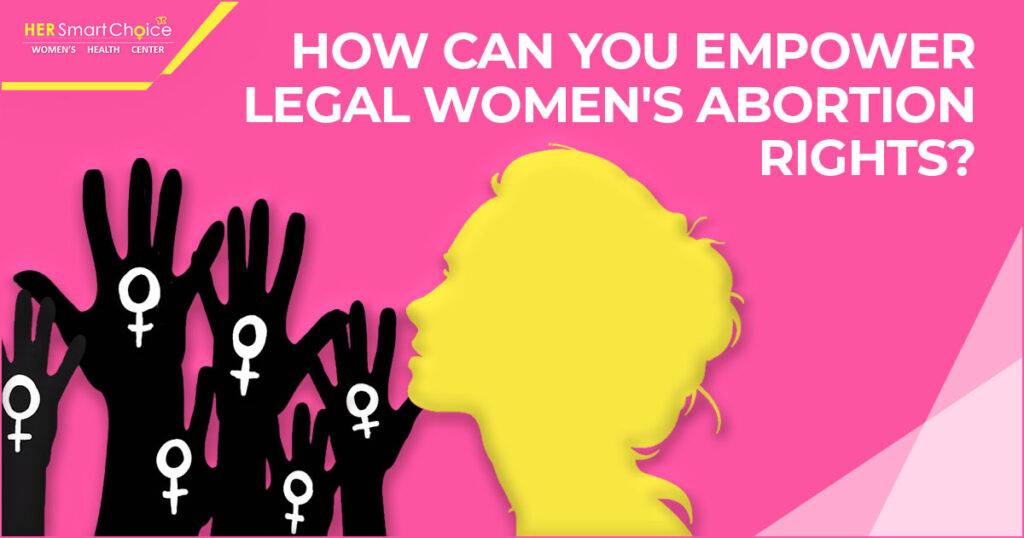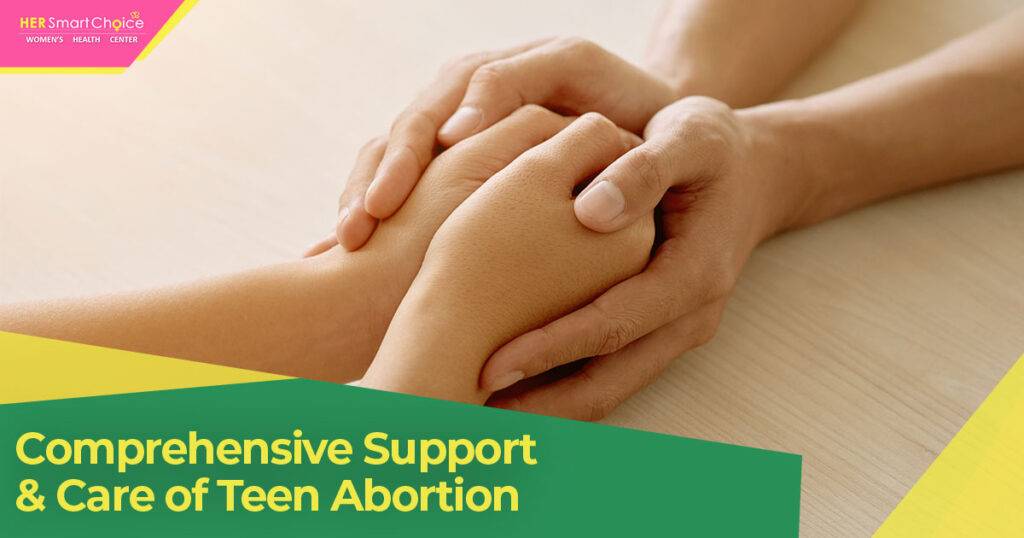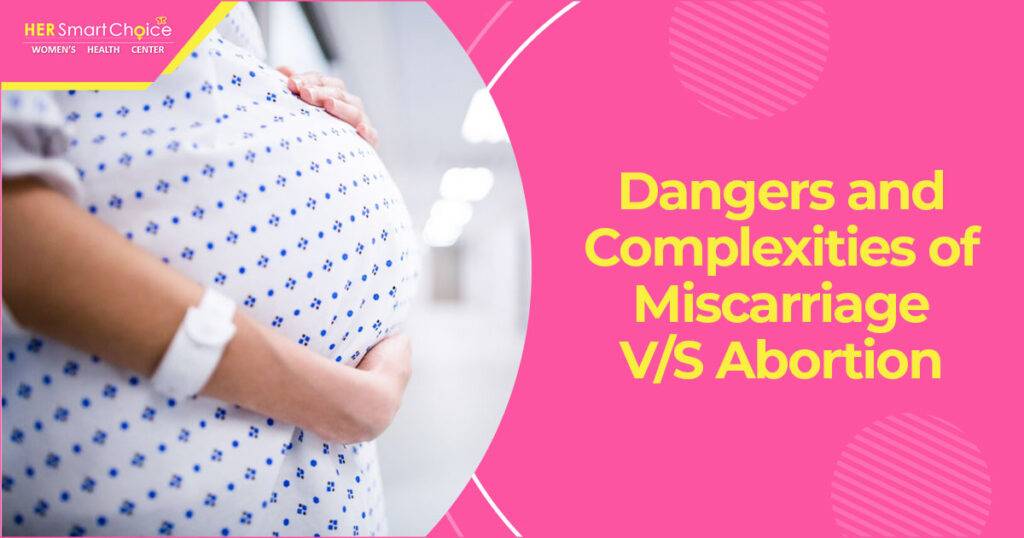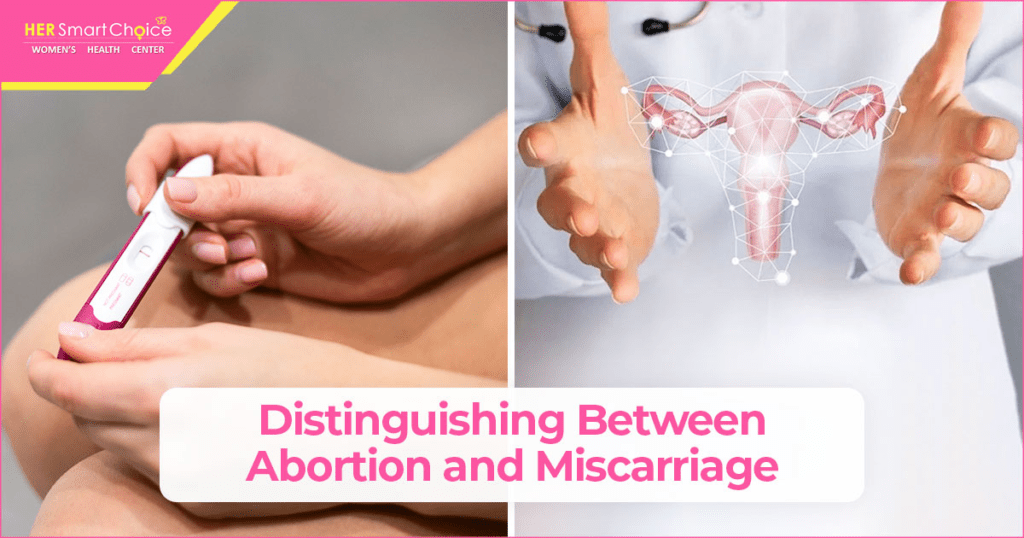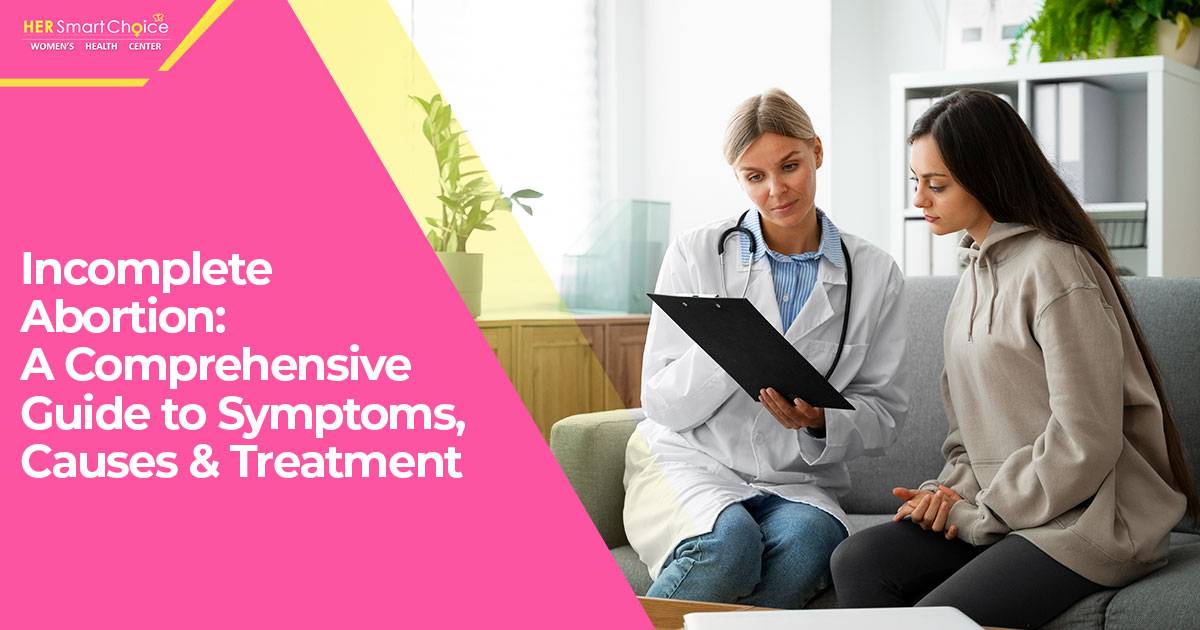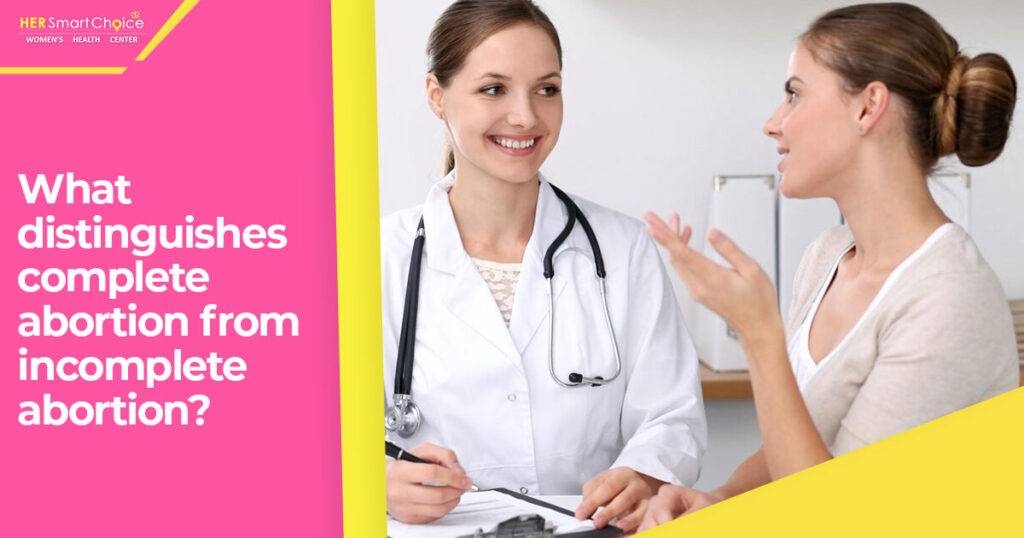Can I get an abortion in California for free?
When it comes to getting an abortion in California, one of the most common questions women ask is, “Can I get an abortion for free?” Many people worry about being able to afford healthcare, especially when it comes to abortion services. Let’s explore your options for accessing abortion in California, including potential avenues for receiving these services at low or no cost.
Understanding the Cost of Abortion in California
Cost of abortion in California depends on several factors, such as procedure type, healthcare provider, and state of pregnancy. It’s necessary to have a clear understanding of the expenses associated with abortion to make informed decisions about your healthcare.
Medi-Cal Coverage: Medi-Cal is California’s Medicaid program, designed to provide healthcare coverage to eligible low-income individuals and families. The good news is that Medi-Cal covers abortion services for those who qualify. This means that if you meet the program’s income and eligibility requirements, you may be able to get an abortion in California without experiencing any direct costs.
FamilyPACT Program: In California, you will also obtain the Family Planning, Access, Care, and Treatment (FamilyPACT) program. The program provides comprehensive family planning services, including birth control and reproductive healthcare. While this program primarily focuses on contraception, it may cover the cost of an abortion if it’s part of your family planning needs.
Women’s HealthCare Organizations: Some Women’s Healthcare organizations operate healthcare centers across California. They offer a range of reproductive healthcare services, including abortion. These centers strive to make abortion services accessible and affordable, often providing financial assistance or sliding scale fees based on your income.
Nonprofit Organizations: Various nonprofit organizations in California are dedicated to supporting individuals seeking abortion care. They may offer financial assistance or connect you with resources to help cover the costs associated with abortion services.
Understanding Free Abortion Clinics in California
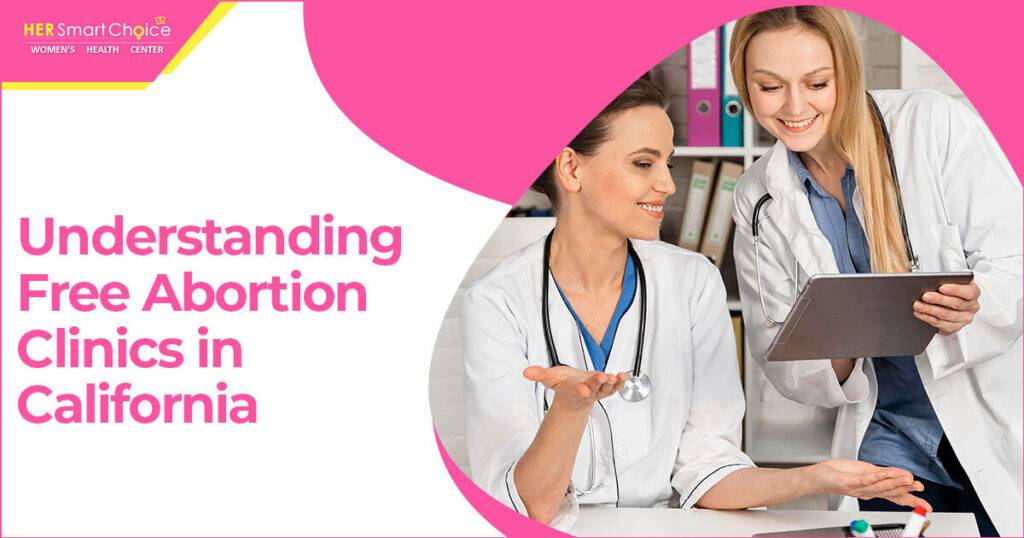
While it’s essential to clarify that no abortion services are entirely “free” in the sense of having no associated costs, there are clinics and programs that offer financial assistance to reduce or eliminate the out-of-pocket expenses for individuals seeking abortion in California.
Her Smart Choice: Her Smart Choice clinic understands the trouble of managing the cost of testing. This is the reason that this clinic offers free-of-cost testing, including PAP Smear, Annual Checkups, and STD screening to women with low income and without insurance. The clinic also provides free abortion pills to low income patients without insurance.
Women’s Health Clinics: Some women’s health clinics in California provide abortion services at reduced rates or on a sliding scale based on your income. These clinics prioritize making reproductive healthcare accessible to all individuals.
Nonprofit Organizations: Several nonprofit organizations in California focus on reproductive rights and healthcare access. They may offer financial support to help cover the cost of abortion services. These organizations are often committed to ensuring that no one is denied access to abortion due to financial constraints.
Accessing Free Abortion Pills in California
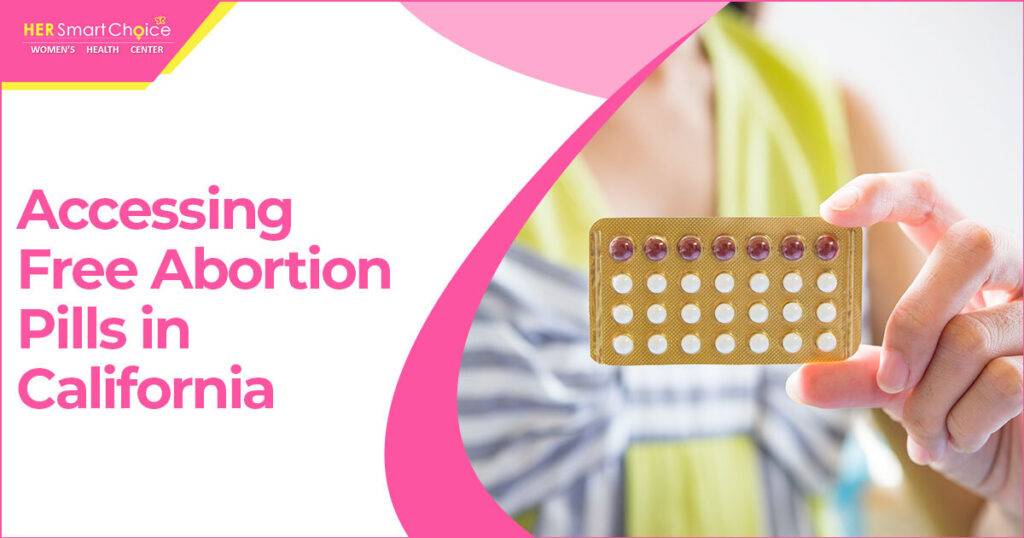
Medical abortion, also known as the abortion pill, is a non-invasive method for ending an early pregnancy. It involves taking a combination of medications under the guidance of a healthcare provider. If you’re considering a medical abortion, you might wonder if you can access it for free in California.
Medi-Cal: If you qualify for Medi-Cal, the program may cover the cost of a medical abortion. Be sure to check with your healthcare provider to understand your coverage.
Health Centers: Her Smart Choice and other health centers often offer medical abortion services at reduced rates, or with financial assistance. They can guide you through the process and help you determine the most affordable options.
Nonprofit Organizations: Some nonprofit organizations may offer support specifically for medical abortions, ensuring that individuals can access this option without financial barriers.
Conclusion
While getting an abortion in California for free may be possible for some individuals through programs like Medi-Cal, FamilyPACT, and assistance from nonprofit organizations, it’s essential to consider your specific circumstances and eligibility. Your ability to access abortion services should not be solely determined by your financial situation, and California is dedicated to providing accessible and safe reproductive healthcare for all residents.
If you’re unsure about your options or have questions about the cost of abortion, don’t hesitate to reach out to Her Smart Choice women’s health center, healthcare professionals, or organizations for guidance and support. Your reproductive healthcare needs are important, and there are resources available to help you make the best choices for your situation.




